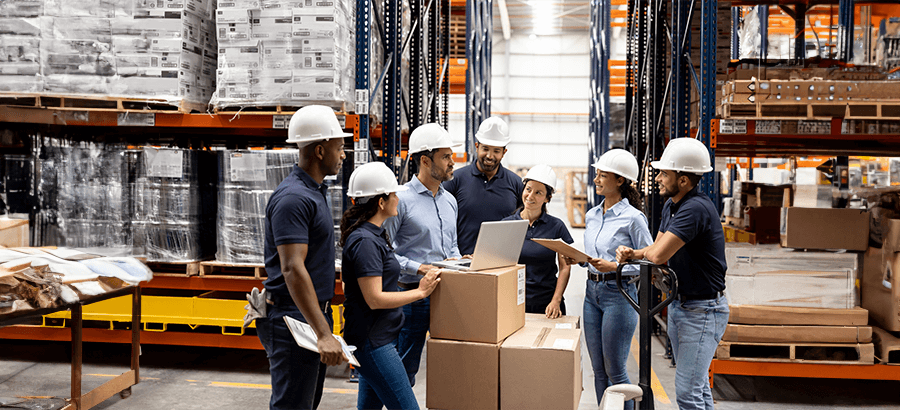With all the discussion around Industry 4.0, how ready are we for it in this region and how many manufacturers have fully embraced it? It’s widely agreed that manufacturing has experienced a decade of productivity stagnation and demand fragmentation and the fact is that this level of innovation is long overdue. It’s been proven that the Australasian organizations that have taken Industry 4.0 innovation to scale beyond the pilot phase have experienced unprecedented increases in efficiency with minimal loss of employees.
The main issue reported by McKinsey and the World Economic Forum is that most companies appear to be stuck in the pilot phase and despite all the research and evidence saying that it will lead to a sizeable increase in global wealth production, benefiting people throughout society, the Australia and New Zealand governments have not done enough to help its advancement.
Globally it is having an impact globally across multiple sectors, simplifying things by streamlining processes, reducing human labour, fostering global interconnectedness and leading to unlimited possibilities. But is Australasia really ready for Industry 4.0?
Automation won’t take Jobs
There has been a lot of scaremongering about the risk to jobs due to automation, but technology and changing consumer preferences are driving the demand for new skills and jobs. In many cases, these emerging technologies have improved processes without shedding jobs and have made businesses more competitive than they have ever been, resulting in lower prices for consumers, higher wages for employees or higher profits, leading to increased demand and more jobs.
The previous industrial revolutions have shown us that, in the long run, technology and other labour market changes have been positive for many employees, removing the jobs that nobody wants to do as they can be unpleasant, physically exhausting and dangerous or boring and repetitive.
In smart factories, the emphasis will be on adding value, and up-skilled workers will be highly sought after for their specialist knowledge and ability to innovate.
Will Bots take over the World?
There are a lot of myths surrounding AI, and science fiction movies often portray it as robots with human-like characteristics taking control and using their super-intelligence against us. There’s no doubt that AI does raise a whole host of complex questions, and that the current way the industry does certain things will become defunct.
We can’t ignore the fact that the Australian manufacturers that are leveraging AI have made their companies far more efficient and productive. This is a trend that their leaders see as inexorable, and the pressure on them to adapt and compete is huge.
Automation is Essential
Automation is working extremely well in several different manufacturing scenarios, particularly when finite precision is needed, in challenging or dangerous work environments, where repetition happens and when personalization and configuration are required.
So, what does automation look like in practice in an industrial environment? There are many tasks that could be carried out by a robot; not only would they be more efficient, but also the employees could then focus on more complex work.
The real benefits of automation are what makes it truly worth the investment, including increased efficiency, reduced costs, improved safety and wellbeing for employees, due to avoiding monotony and a clear competitive advantage over manufacturers that choose not to automate. Automation is clearly the future of Australasian manufacturing and its influence will only increase as competition from China and other developing Asian nations grows.







